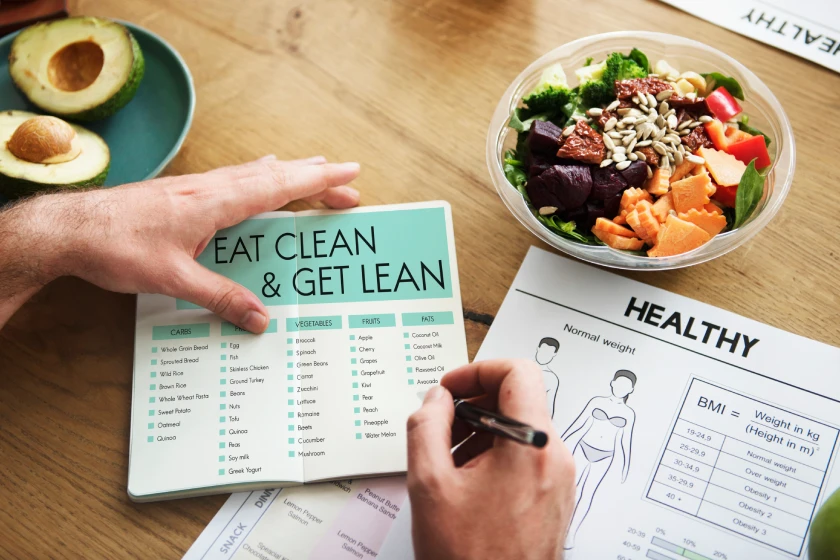
If you are undergoing dialysis, you already know how important it is to take care of your health and follow medical advice.
One of the most essential aspects of your treatment is dialysis access, which serves as your lifeline during every dialysis session. Whether you have a fistula, graft, or catheter, keeping your access healthy is vital for smooth treatments and better overall outcomes.
While proper hygiene, regular check-ups, and following your doctor’s advice are necessary, what you eat plays a much larger role than many patients realize. A well-planned diet not only supports your body but also helps maintain the health of your dialysis access.
In this article, I will guide you through the relationship between diet and dialysis access, and share practical nutrition tips that can help protect your fistula or graft for years to come.
What is Dialysis Access?
Dialysis access is the pathway through which blood leaves and returns to your body during dialysis. Without a good access point, dialysis cannot be performed effectively. There are three main dialysis access types:
Arteriovenous (AV) Fistula – This is created by connecting an artery directly to a vein, usually in the arm. It is considered the gold standard for long-term dialysis because it lasts longer and has fewer complications.
Arteriovenous (AV) Graft – A synthetic tube is used to connect an artery and a vein. It is useful when veins are not strong enough for a fistula.
Central Venous Catheter (CVC) – A temporary access inserted into a large vein, often in the neck or chest. It is not recommended for long-term use due to higher infection risks.
Among these, AV fistula surgery is the most commonly preferred option for patients who can undergo it, as it provides a strong and reliable access point for dialysis over time. Regardless of the type, your diet can play a role in reducing risks such as infections, blockages, and clotting that may affect dialysis access.
Diet Tips to Keep Your Dialysis Access
Your diet can significantly impact how well your dialysis access functions. Certain nutrients protect your veins, support healing, and reduce inflammation, while poor food choices may contribute to complications. Below are essential dietary strategies to follow.
Stay Hydrated
Even though dialysis patients must limit fluid intake, dehydration is also harmful. Staying within your fluid allowance helps prevent blood from becoming too thick, which could strain your access and increase the risk of clotting. Speak with your dialysis team about your daily fluid limits, which vary depending on your urine output and dialysis schedule. Opt for small sips of water, ice chips, or sugar-free ice pops to manage thirst without overloading.
Eat Enough Protein
Protein is one of the most important nutrients for dialysis patients. It helps your body repair tissues, fight infections, and maintain muscle strength. After a fistula operation for dialysis or any dialysis access surgery, protein supports wound healing and reduces the risk of complications.
Good protein choices include lean meats, eggs, fish, and paneer. However, always check your phosphorus and potassium levels, since some protein-rich foods may be restricted depending on your blood test results.
Control Phosphorus and Potassium
Two minerals require special attention in a dialysis diet.
Phosphorus: High levels can weaken bones and damage blood vessels, increasing the risk of narrowing or hardening around your access site. Foods high in phosphorus include dairy products, nuts, seeds, beans, and cola drinks.
Potassium: Too much potassium can cause dangerous heart rhythms, but too little is also harmful. Your dietician will recommend the right level for you. Limit high-potassium foods like bananas, oranges, potatoes, and tomatoes, and replace them with lower-potassium fruits such as apples, grapes, and watermelon.
Watch Your Sodium Intake
Salt is one of the biggest dietary challenges for dialysis patients. Excess sodium causes fluid retention, high blood pressure, and swelling, all of which put pressure on your dialysis access. Reducing salt helps keep your fistula or graft in good shape.
Avoid processed foods, packaged snacks, pickles, and fast food, as they are often loaded with hidden salt. Flavor your meals with herbs, lemon juice, or mild spices instead. A low-sodium diet is one of the most effective ways to protect your veins.
Maintain Good Blood Sugar Levels
For patients with diabetes, controlling blood sugar is crucial. Poorly managed diabetes can damage blood vessels, making it harder for your access to function properly. High sugar levels also increase the risk of infections after AV fistula surgery or other dialysis access procedures.
Choose whole grains in moderation, eat balanced meals, and follow your care team’s advice on insulin or medications. Keeping blood sugar in range not only benefits your general health but also extends the life of your access.
Maintain a Healthy Weight
Obesity can increase the risk of complications with dialysis access, such as clotting and infections. A healthy weight reduces strain on your circulation and makes surgical procedures more successful. Even small lifestyle changes, like eating more fresh vegetables, limiting fried foods, and including gentle physical activity, can make a big difference.
Limit Foods That Increase Infection Risk
Your dialysis access is always at risk of infection, especially if you have a catheter. Foods that are poorly cooked or unhygienic can increase this risk. Avoid raw seafood, unpasteurized milk, and street foods that may be contaminated. Focus instead on freshly prepared, hygienic meals at home.
By following these diet strategies, you are not only helping your dialysis treatments run more smoothly but also actively protecting your access site from avoidable complications.
Conclusion
Diet may seem like a small part of dialysis treatment, but it has a powerful impact on how well your body responds and how long your dialysis access stays healthy. Balanced hydration, adequate protein, controlled phosphorus and potassium, limited salt, and careful weight management all play important roles in keeping your fistula, graft, or catheter functioning.
However, diet is only one part of the bigger picture. Regular check-ups, proper hygiene, and timely medical attention are equally important. If you ever notice signs like swelling, pain, redness, or reduced blood flow around your access site, consult your dialysis access specialists immediately.
As a vascular surgeon, I emphasize that diet and medical care go hand in hand. At a dedicated dialysis access surgery center, patients receive not only expert surgical procedures but also comprehensive advice on nutrition and lifestyle changes.
Frequently Asked Questions
Your diet affects blood pressure, circulation, and the healing process, all of which directly impact the health of your arteries. The right foods reduce the risk of clotting, infection, and blockages.
Protein-rich foods like lean meats and eggs, along with low-phosphorus fruits and vegetables, support healing and circulation. Eating fresh, low-sodium meals also helps protect your veins.
You do not need to avoid salt completely, but you must limit it strictly. A low-sodium diet prevents fluid overload and reduces pressure on your access. Use natural seasonings to add flavor instead.
Yes. Protein helps your body recover after surgery and lowers the risk of infections. Include protein-rich foods in your meals while following your care team’s advice.
Yes, but choose fruits wisely based on their potassium content. Apples, grapes, and watermelon are generally safe, while bananas and oranges should be limited. Always follow your dietician’s recommendations.

Dr. Sumit Kapadia
MBBS, MS, MRCS, DNB-Fellow



